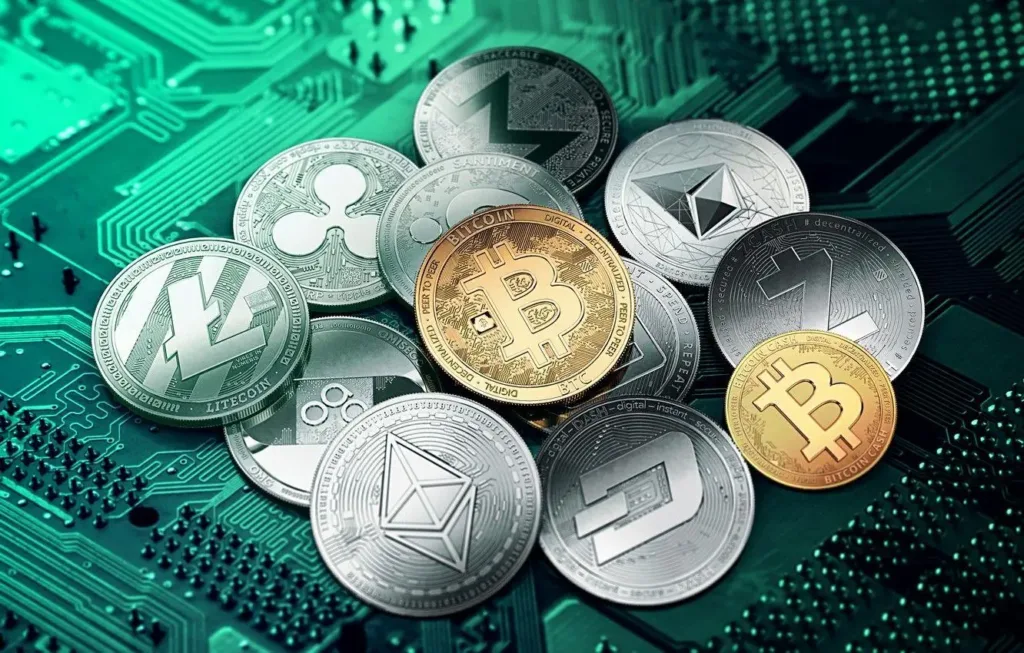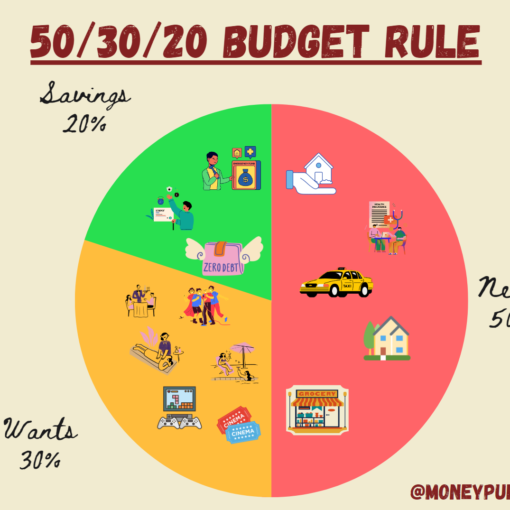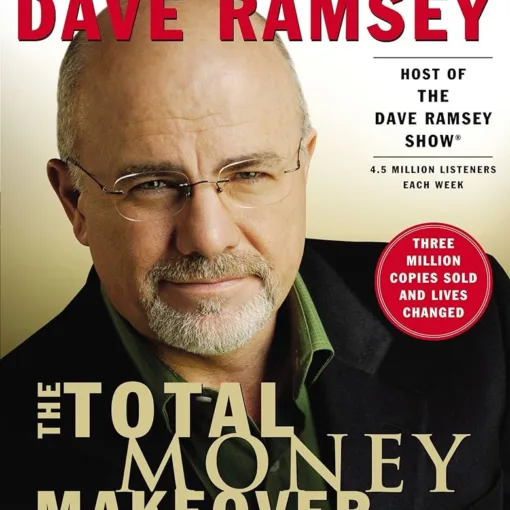
Table of Contents
What is Cryptocurrency?
Cryptocurrency is a form of digital or virtual currency that uses cryptography technique for securing financial transactions, controlling the creation of new units, and verify the transfer of assets. Cryptocurrencies operate on decentralized networks based on blockchain technology, unlike traditional currencies issued by governments and central banks (like the US dollar or Euro).
Here is a small explanation of what blockchain is. A blockchain is basically a distributed and immutable ledger that records all transactions across a network of computers. Cryptocurrency enables any peer-to-peer transactions without the need for intermediaries like banks. These digital assets enable secure and direct peer-to-peer transactions without the need for intermediaries like banks.
Cryptocurrencies have gained popularity due to their potential for faster and cheaper cross-border transactions, transparency, and the promise of financial sovereignty.
First and most well-known cryptocurrency Bitcoin was launched in 2009, but since then, thousands of alternative cryptocurrencies, often referred to as altcoins, have been created with various features and use cases.
To better understand what cryptocurrency is and how it works, it is important to be be aware of common terms used in Cryptocurrency. Let’s understand some common terms widely used and popular in Cryptocurrency.
Important Terms in Cryptocurrency:
Blockchain:
A blockchain is a decentralized and a distributed ledger that records all transactions made with a particular cryptocurrency. Blockchain is basically a chain of blocks where each block contains a list of transactions. Once a block is added, it cannot be altered, ensuring the integrity of the data.
Decentralization:
Cryptocurrencies are decentralized which means that there is no central authority controlling or governing the network. Instead, multiple nodes or computers participate in validating and verifying transactions, making the system more secure and resistant to manipulation.
Mining:
In Cryptocurrency, Mining is the process of validating and adding new transactions to the blockchain. Miners use powerful computers and infrastructure to solve complex mathematical puzzles, and the first one to solve the puzzle gets to add the next block of transactions to the blockchain and receives a reward in the form of newly created cryptocurrency.
Wallet:
A cryptocurrency wallet is a software application or a physical device that allows users to store, send, and receive cryptocurrencies securely. It consists of a public key (quite similar to an account number) and a private key (similar to a password) to access and manage the funds.
Private Key:
A private key is a secret alphanumeric code that gives the owner access to their cryptocurrency holdings. It must be kept secure because anyone with private key can control the associated cryptocurrency.
Public Key:
A public key is an alphanumeric code derived from the private key. It is used for receiving cryptocurrencies and it serves as a public identifier for the wallet.
12 Most Popular Types of Cryptocurrency:
Bitcoin (BTC):
Bitcoin is the first and most popular cryptocurrency. It was created by an anonymous person or group known as Satoshi Nakamoto in 2009. It serves as a digital store of value and a medium of exchange. Bitcoin’s underlying technology is the proof-of-work consensus mechanism.
Ethereum (ETH):
Ethereum is a decentralized platform that enables developers to build and deploy smart contracts and decentralized applications (DApps). Ether (ETH) is the native cryptocurrency of the Ethereum network.
Ripple (XRP):
Ripple is both a platform and a cryptocurrency known for its fast and low-cost cross-border payment solutions. It aims to facilitate international money transfers between financial institutions.
Litecoin (LTC):
Litecoin is a peer-to-peer cryptocurrency that was created based on the Bitcoin protocol. It is often referred to as the “silver to Bitcoin’s gold” and is known for its faster transaction confirmation times.
Bitcoin Cash (BCH):
Bitcoin Cash is a fork of Bitcoin that aims to improve scalability and transaction speeds. It supports larger block sizes than Bitcoin, allowing for more transactions to be processed.
Cardano (ADA):
Cardano is a blockchain platform that uses a unique proof-of-stake consensus algorithm called Ouroboros. It focuses on sustainability, scalability, and the integration of academic research into its development.
Polkadot (DOT):
Polkadot is a multi-chain blockchain platform that enables interoperability between different blockchains. It aims to create a decentralized internet where multiple blockchains can work together seamlessly.
Binance Coin (BNB):
Binance Coin is the native cryptocurrency of the Binance exchange, one of the largest cryptocurrency exchanges in the world. It is used to pay for trading fees and participate in token sales on the platform.
Solana (SOL):
Solana is a high-performance blockchain platform that aims to provide fast and scalable decentralized applications. It uses a unique combination of proof-of-history and proof-of-stake mechanisms.
Chainlink (LINK):
Chainlink is a decentralized oracle network that connects smart contracts with real-world data. It enables smart contracts to access data from external sources, enhancing their functionality.
Stellar (XLM):
Stellar is a platform designed to facilitate fast and low-cost cross-border payments. It focuses on serving individuals and institutions in the financial inclusion space.
Dogecoin (DOGE):
Dogecoin started as a meme cryptocurrency but has gained popularity as a digital currency for tipping and microtransactions. It uses a proof-of-work consensus mechanism similar to Bitcoin.
Now, we are aware of some most popular cryptocurrencies but you would be wondering how do they actually work. We will understand that in coming sections. Stay tuned!
How Do Different Cryptocurrencies Work to a Layman?
Bitcoin (BTC):
Bitcoin is like digital gold. Imagine you have a special digital gold coin (Bitcoin) that you can send to anyone in the world. When you want to send Bitcoin to your friend, you create a transaction and broadcast it to the Bitcoin network. Miners verify the transaction and add it to a new block on the Bitcoin blockchain. Your friend can then see the incoming transaction in their wallet.
Ethereum (ETH):
Ethereum is like a global computer. You can create and run “smart contracts” on this computer. For example, you can create a smart contract that automatically pays your friend when they deliver a package to your doorstep. The Ethereum network executes these contracts automatically, without the need for intermediaries.
Ripple (XRP):
Ripple is like a super-fast bank. When you want to send money to another country, you can use Ripple’s XRP token, instead of going through multiple banks and waiting for several days. Ripple enables fast and low-cost cross-border payments, making it efficient for financial institutions.
Litecoin (LTC):
Litecoin is quite similar to Bitcoin. The only difference is faster transaction confirmation times. It is like a digital silver coin. You can use Litecoin to buy goods and services or send money to others with lower fees and quicker confirmation.
Bitcoin Cash (BCH):
Bitcoin Cash is a sibling of Bitcoin that focuses on faster transactions. It’s like an improved version of Bitcoin, with larger block sizes, allowing more transactions to be processed in each block.
Cardano (ADA):
Cardano is a platform for building decentralized applications. It’s like a city with strong foundations and sustainable infrastructure. Developers can create smart contracts and DApps on Cardano that are secure and scalable.
Polkadot (DOT):
Polkadot is like a bridge between different blockchains. It allows various blockchains to communicate and share information, just like different cities connected by a bridge.
Binance Coin (BNB):
Binance Coin is like a VIP pass for the Binance exchange. You can use BNB to pay for trading fees on the platform or participate in token sales.
Solana (SOL):
Solana is like a super-fast highway for decentralized applications. It can handle a large number of transactions quickly, making it suitable for applications that require high-speed processing.
Chainlink (LINK):
Chainlink is like a messenger connecting smart contracts with real-world information. It enables smart contracts to access data from external sources, such as weather conditions or stock prices, making them more useful.
Stellar (XLM):
Stellar is like a global remittance service. The important point to note is that it allows you to send money to anyone anywhere in the world quickly and at a low cost making it especially helpful for people without access to traditional banking services.
Dogecoin (DOGE):
Dogecoin is a fun and friendly type of cryptocurrency. It’s like a digital tip jar, often used for tipping content creators or making small donations online.
We should be cautious before investing in cryptocurrencies as the cryptocurrency market is highly volatile, and the popularity of specific cryptocurrencies often change over time. Always thoroughly research and exercise caution when investing or transacting with cryptocurrencies.
I hope this article would be useful for you.



